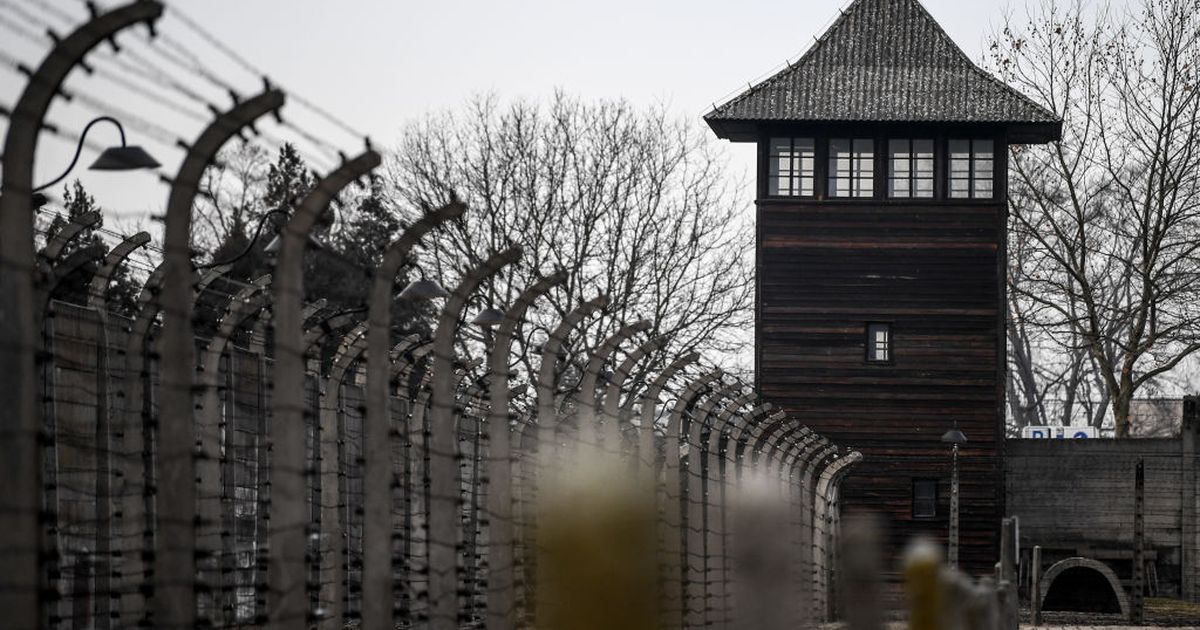
The Auschwitz Memorial has addressed the trend of teens on TikTok pretending to be Holocaust victims, calling it “hurtful and offensive.” However, the museum also warned against attacks against the teens making these videos, encouraging further education instead.
For those blissfully unaware of TikTok’s Holocaust trend, it’s exactly what it sounds like. TikTok users have been filming videos in which they roleplay as Holocaust victims in Heaven, typically talking about how they died. Often they use makeup to make themselves appear injured and unwell, or even wear costumes. It is not great.
Acknowledging the tasteless trend in a tweet on Wednesday, the Auschwitz Memorial in Poland noted the importance of remembering the Holocaust but stated this particular method can trivialise history instead.
“The stories of people who were imprisoned and murdered in Auschwitz are incredibly tragic, painful, and emotional,” it wrote. “It is crucial to share the individual stories to commemorate and educate. It’s also important to place the stories within the context of accuracy and respect.”
The ‘victims’ trend on TikTok can be hurtful & offensive. Some videos are dangerously close or already beyond the border of trivialization of history.
But we should discuss this not to shame & attack young people whose motivation seem very diverse. It’s an educational challenge. pic.twitter.com/CB4Ve2uRUK
— Auschwitz Memorial (@AuschwitzMuseum) August 26, 2020
Some TikTok users do in fact consider the Holocaust trend a way to spread awareness and share history. However, as the Memorial states, “Some [videos] were not created to commemorate anyone, but to become part of an online trend. This is very painful.” Even the most well-intentioned people can make hurtful mistakes as well, especially when they’re young teens attempting to grapple with enormous atrocities.
“We cannot allow vilifying, shaming, and attacking the young people who may have done something in the wrong way as the aftermath,” said the Auschwitz Memorial. “Social media is a part of our everyday lives and communication. That is why we could continuously raise awareness that not every social media activity can commemorate the Holocaust.”
As such, the museum stated that teachers should educate young people in how to engage with history in a respectful manner, being mindful of proper language, context, and factual accuracy. Simply tearing down misguided teens who thoughtlessly jumped on a trend is likely to do more harm than good.
“In social media, there are far more outrageous issues, like algorithms promoting antisemitism or the presence of Holocaust denial that is a dangerous & hideous carrier of antisemitism & hatred,” said the Memorial. “Social media platforms sadly allow denial content to remain on their platforms.”
One such example is Facebook, whose CEO Mark Zuckerberg previously defended Holocaust deniers’ right to remain on the site (though he half-heartedly attempted to backtrack later).
It’s important to remember what happened in the Holocaust, and to eliminate antisemitism wherever it is found. Even so, dressing up on TikTok is probably not the way to do it.
